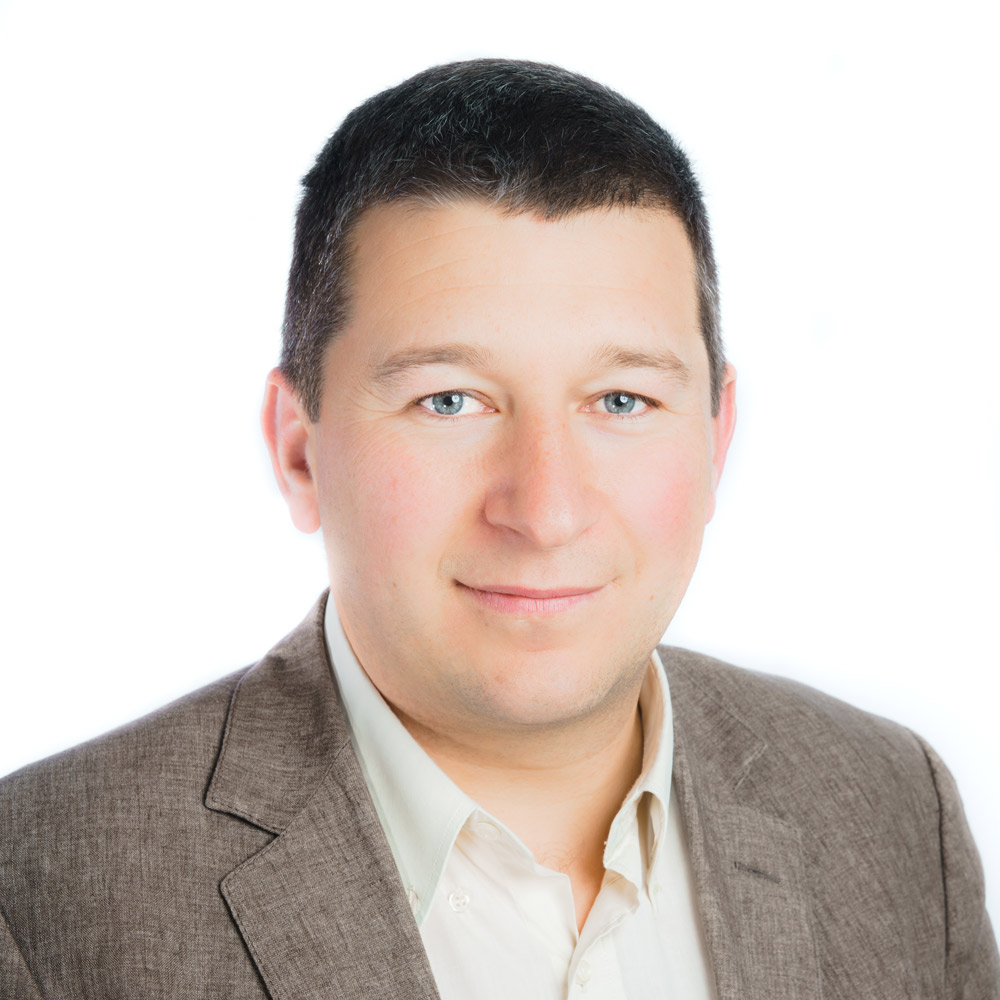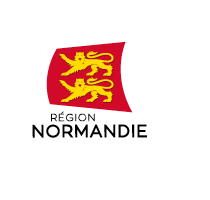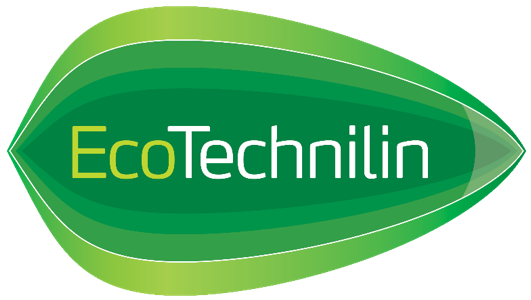
Eco-technilin SAS
The materials industry has a role to play in the environmental impact of solutions offered to consumers. Natural fibres such as flax, hemp, jute and kenaf are low-impact fibres which, thanks to their differentiating properties in the form of composites, allow structures to be lightened. Eco-technilin offers solutions in the form of technical textiles based on natural fibres to reduce the environmental footprint.

A WORD FROM…
Karim BEHLOULI, Managing Director

When and how did the story of your company begin?
Eco-technilin was created in 1998 by Normandy flax dyers in order to find a way to recycle flax tow (co-products of the textile industry) which was poorly recycled at the time.
What were the major stages and projects that marked the growth of your company?
The large-scale industrial start-up dates back to the year 2000 with the installation of a new line at Valliquerville in the former premises of OZONA (a children’s babywear company) by delivering door panels for OPEL.
The company then experienced significant growth until 2005 when it decided to acquire a second production line from the same manufacturer, ASSELIN-THIBEAU in Elbeuf, in order to increase its production capacity and reassure the automotive world. In 2008 the company went under the English banner. In 2011 the company strengthens its diversification, invests in an R&D department and a sales department and continues its growth until it reaches a turnover of 15M € in 2016.
In 2017 the company was bought by CAP SEINE (NatUp today), an agricultural cooperative whose vision and ambition will enable the company to carry out large-scale projects.
In 2017 Eco-technilin opens its sister company in Poland in Tychy.
In 2018 the company was joined by the Linéo teams to strengthen the R&D strategy and acquired a pre-industrial prototype line of unidirectional flax pre-impregnated to serve the innovation of its customers with whom it co-constructs solutions.
Today, Eco-technilin is a supplier of innovative solutions in the manufacture of automotive equipment (door panels, dashboards, etc.), in sport and leisure (bicycle frames, tennis rackets, skis, surfboards, etc.), in furniture and design (chairs, sinks, etc.) and also offers operational solutions for private individuals (soundproofing, floating floors, animal bedding, etc.).
How has the Normandy Region supported you?
The Normandy region has been a great support in our R&D strategy and has enabled us to finance a number of projects in co-financing with the State or Europe. The company’s emblematic projects supported by the Region are NEPFLAX, FLOWER and “The missing link”.
Nepflax enables the company to offer a range of unidirectional fabrics for high-performance applications, FLOWER enables it to offer the world’s lightest natural fibre non-woven fabric on the market and “The missing link” enables the company to relocate a know-how that has disappeared in France for 20 years and is the only link that does not yet exist on our territory to justify complete traceability of 100% linen made in France: the wet spinning of linen.
What are your development ambitions for the future?
We want to be a hub for the growth of our suppliers and customers. The ambition is to put natural fibres into every use for which we can provide proof of economic, social or environmental interest.


